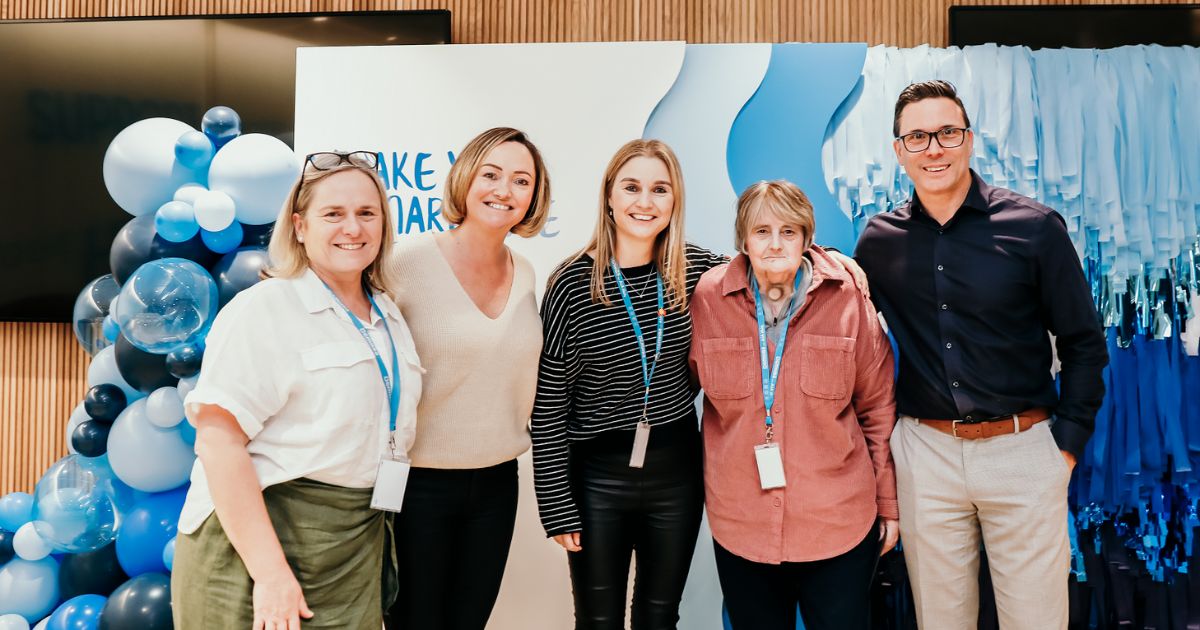Coker wants NDIS to be enduring, sustainable

NDIS Minister Bill Shorten (right) speaks to NDIS users, their families, carers and providers during a visit to Leopold in June 2023. Photo: JAMES TAYLOR
CORANGAMITE federal member Libby Coker says the concerns of local National Disability Insurance Scheme (NDIS) users and their families were heard and are reflected in the final report of an independent review into the scheme.
Released last month, the report made 26 recommendations to reform the scheme, and set out 139 actions to be implemented.
These recommendations are grouped into four categories: develop a unified system of support for people with disability; markets and support systems that empower people with disability; stewardship of the unified ecosystem; and a five-year transition.
Ms Coker, who also chairs the Parliamentary Joint Standing Committee on the NDIS, said the review focused on several issues the committee agreed need to be addressed, such as “better support for participants, their families, and carers in navigating the NDIS, to cracking down on the rorts and fraud that threaten the sustainability of the scheme”.
“It’s also about working much more closely with the states and territories to better support those whose needs fall outside the scheme, a key recommendation that was addressed at National Cabinet last month.
“And in particular, there is a role for the states and territories in providing better early diagnosis supports and support for children with a disability.”
She said NDIS Minister Bill Shorten heard these concerns from Geelong communities first-hand on his visits to the region.
“The key now is that we learn from the errors of the past and make sure the scheme is enduring, sustainable, and truly inclusive.”
As of September 2023, there were more than 630,000 NDIS participants.
The review heard from 10,000 people, received 4,000 submissions, held an average of 26 engagements each month and collected more than 2,000 hours of personal stories from people with disability.
In a statement, Disability Advocacy Network Australia welcomed the report’s release, saying the NDIS had been life-saving and life-changing.
“However, not all people with disability are receiving the supports they need, and those that are find getting that support is complicated, stressful and often not enough.
“The NDIS needs to work better for people with disability and their families.
“For people with disability who don’t get NDIS support, support needs to be available in their local community and through fair access to other public services.”
The network states people with disability must not only be consulted, but also “have a seat at the table”.
“We are calling for the immediate establishment of a Disability Reform Implementation Council to oversee how both the NDIS Review and the Disability Royal Commission recommendations are made real.”
The federal government will formally respond to the review in the first half of this year.
To read or download the full final report, head to ndisreview.gov.au

















